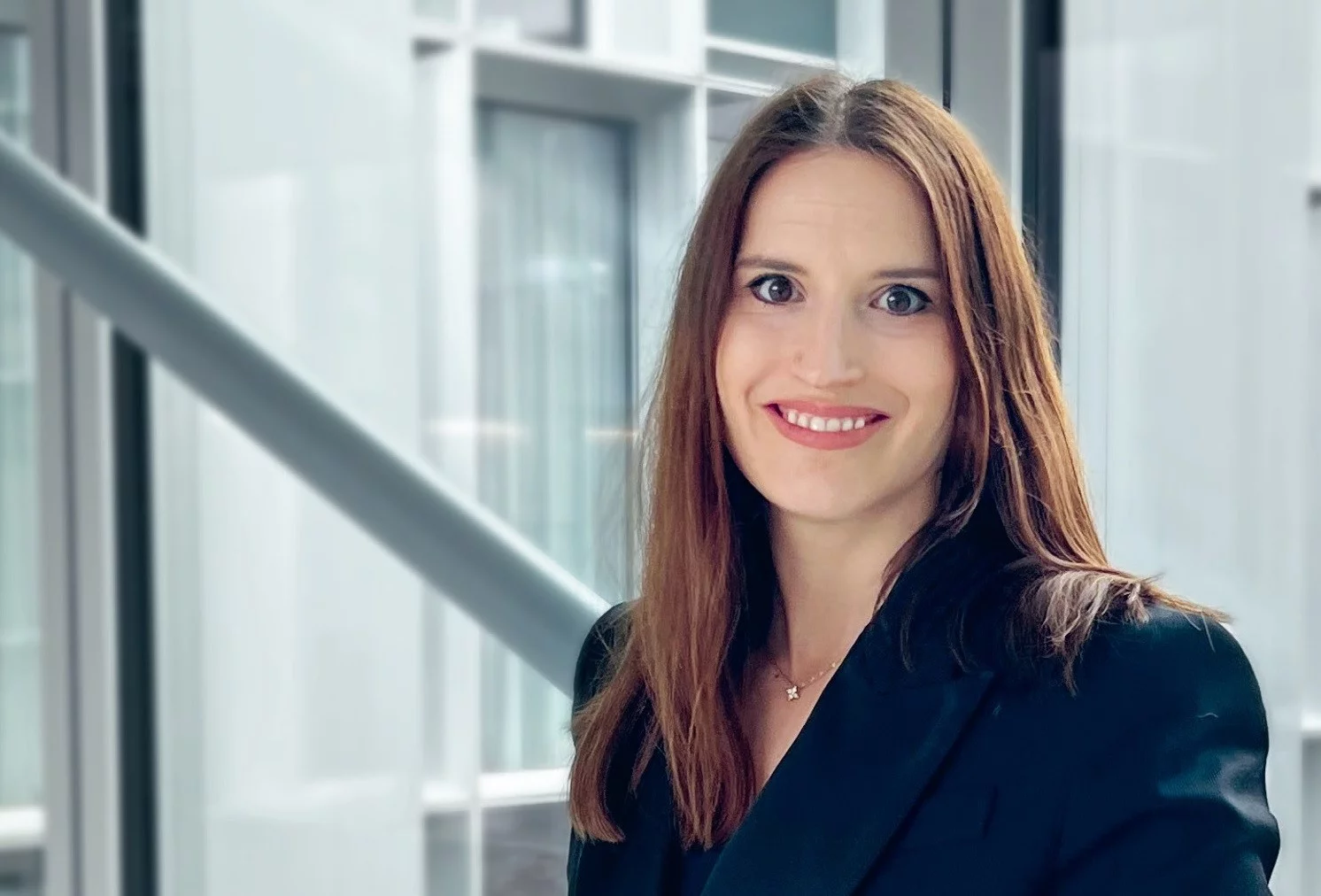Our partner companies are interested in attracting PSI's early career researchers, and we introduce scientists working at partner companies to showcase career perspectives. In today's post, meet Sara Da Ros who did her PhD in organic chemistry at ETHZ and is currently Head of Strategic Supply Chain Projects at Siegfried. She tells us how she managed the transition away from academia, and what she is working on now.
Before joining Siegfried in Zofingen, Switzerland, Sara completed her PhD in Organic Chemistry in the department of Chemistry and Applied Biosciences at ETH Zürich.
Why did you choose Siegfried?
After my PhD, I wanted to join a company that is on a growth trajectory and had many opportunities. I also wanted to join a
company that was global, but still mid-sized. I first joined Siegfried as part of its Global Rotation Program which gave me the chance to work in four different teams, many different projects in different countries. It was super exciting to get a global perspective of a company that’s growing.
Which of the skills learned during your PhD help you in your new role?
All of them. Even though I’m not working as a chemist anymore, I can use all of my chemistry knowledge, because I’m still working in the pharmaceutical industry.
When you’re a PhD student, you have to manage your own research project with minimal guidance. You learn project management, analytical skills and problem solving, as well as self-motivation, which all come in handy.
Completing a PhD is tough, it is 3 – 4 years of hard work, and pressure. To be able to push through difficult times and finish my project gave me a lot of confidence and made me stronger. And I still carry this with me in my career today.
What advice would you give to PhD students who are thinking about what to do next?
I think it is important to start thinking about your career aspirations before your PhD is finished. Get involved in career events early on and talk to people about your options. And then, follow your passion.
It is also important to understand that what makes you hirable is not necessarily your specific research topic, but the fresh perspective, ambition and motivation that you bring to the table.
